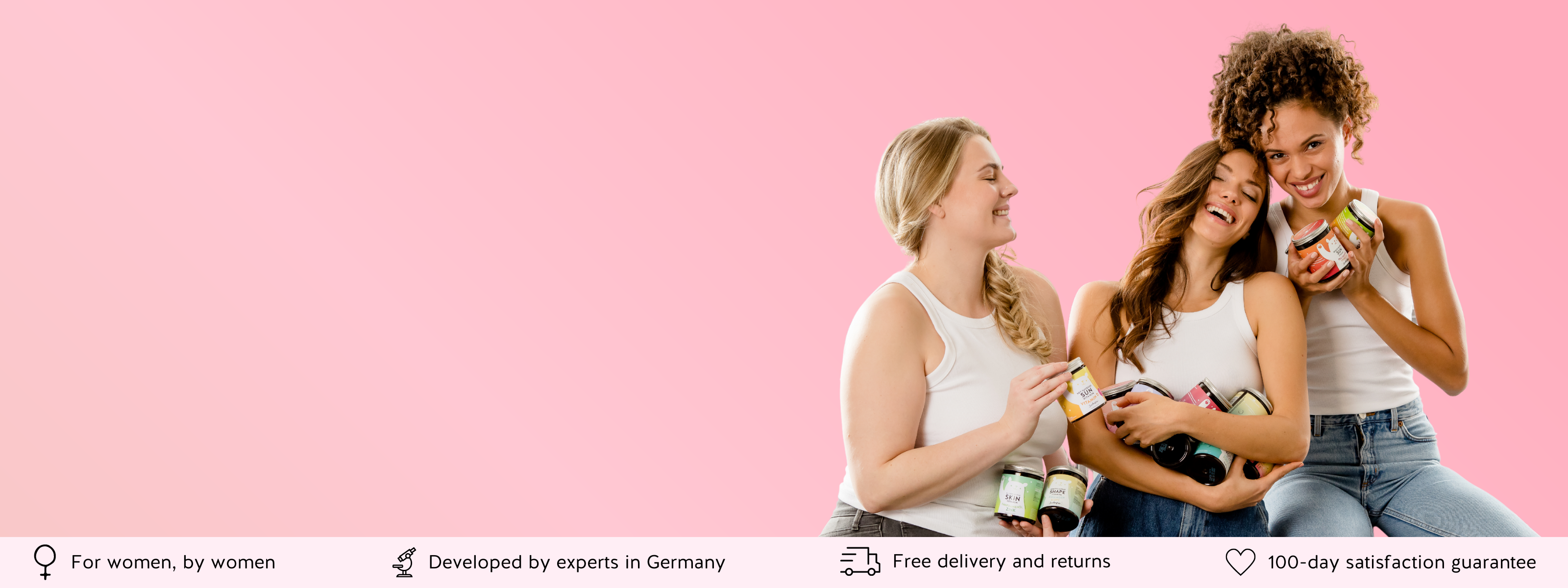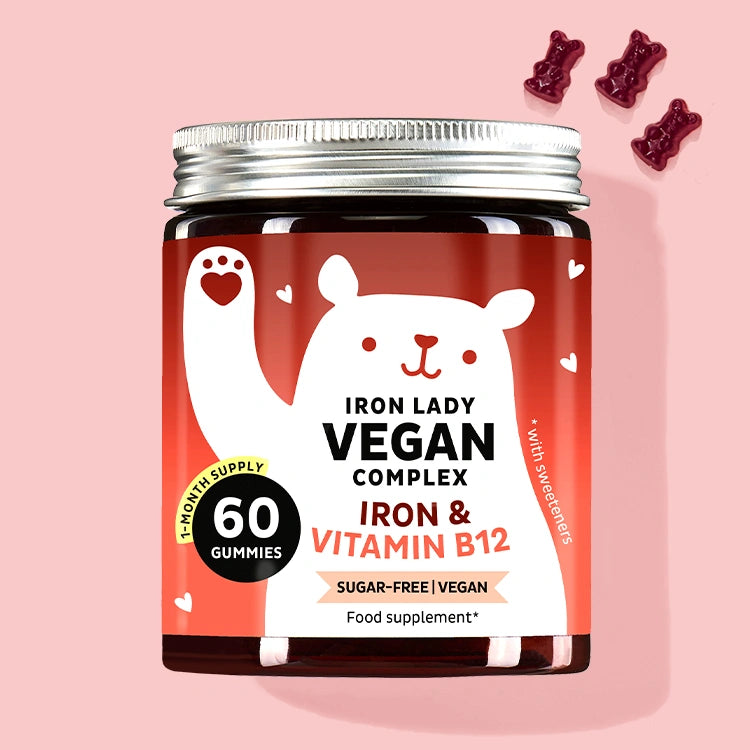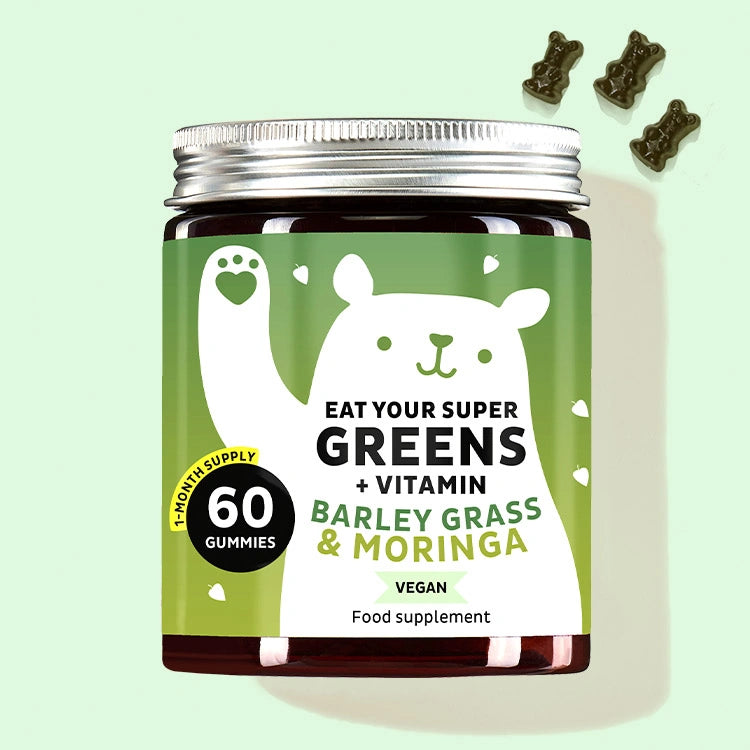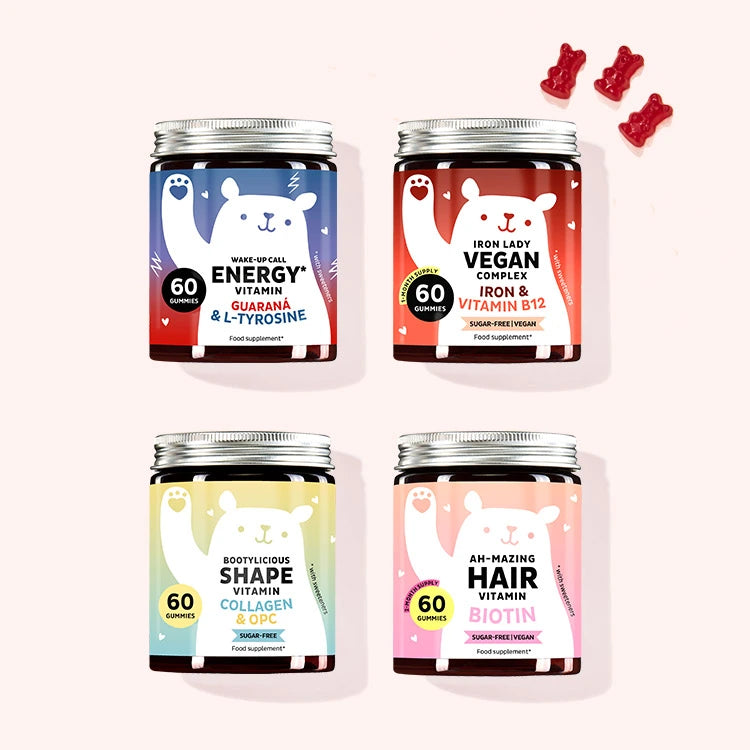IRON: WHAT IT IS, BENEFITS AND SOURCES OF IRON
what is iron?
Iron is one of the trace elements involved in many important processes of the human organism and is thus absolutely vital. For example, it is also a red blood pigment haemoglobin component. The human body itself cannot produce iron and must, therefore, be taken in through the diet.
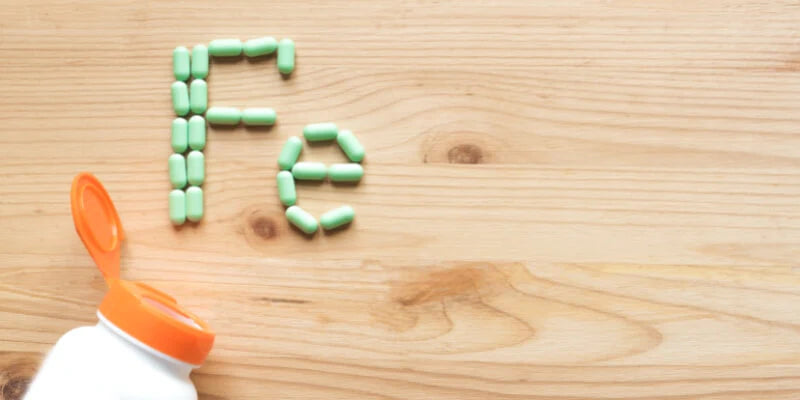
WHAT IS IRON IMPORTANT FOR?
As already mentioned, iron is a component of haemoglobin and is thus involved in cell formation and "cell respiration" (oxygen transport and oxygen storage). In addition, it plays an important role in energy supply, DNA synthesis and defence against infections. Trace elements are particularly important for our blood, muscles, and liver.

CAUSES AND SYMPTOMS OF AN IRON DEFICIENCY
Causes of iron deficiency can be the following: insufficient iron intake, impaired iron absorption, blood loss such as through heavy menstrual bleeding in women, chronic bleeding or even pregnancy.
Iron deficiency brings the following symptoms: weakness and fatigue, paleness, dizziness, shortness of breath, fatigue, palpitations, brittle nails and dull hair or even torn corners of the mouth.
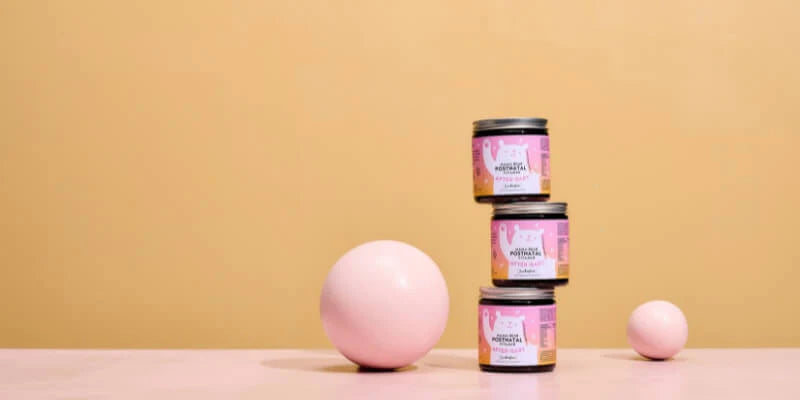
IRON DEFICIENCY DURING PREGNANCY
During pregnancy, far more blood is needed or produced than usual. The need for iron during pregnancy is, therefore, all the greater. According to experts, pregnant women need about 20-30 mg of iron daily. This is why pregnant women often have an iron deficiency, which should always be recognised and treated. In the worst case, a severe iron deficiency can lead to premature birth or miscarriage. However, the brain development of the unborn child can also be impaired by an iron deficiency.
This is exactly why we have developed our Mama Bear Post-Natal Vitamins. To support new mums after birth and during breastfeeding to be supplied with all important nutrients. In addition to 5 mg of iron per daily dose, they also contain iodine, zinc, selenium, folic acid, biotin and a vitamin complex of vitamins A, B, C, D, and K. Find out more here!
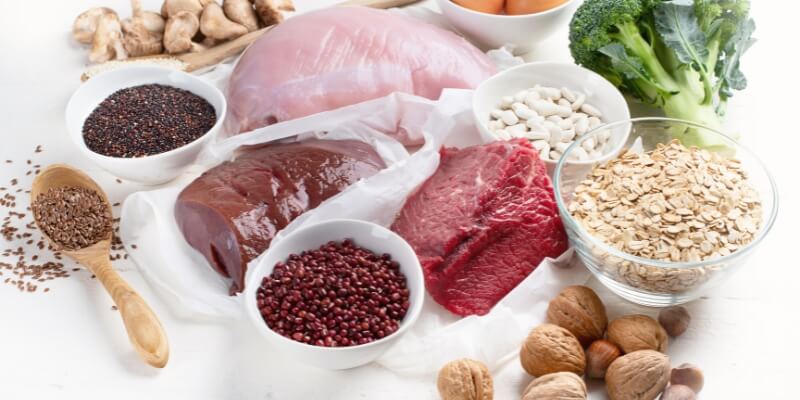
FOODS WITH IRON
Good sources of iron can be both animal and plant foods. Generally, animal foods contain larger amounts of iron. Therefore, vegetarians and vegans in particular should watch their iron intake.
The following animal foods are good sources of iron: liver, liver sausage, blood sausage, salami.
The following plant foods are good sources of iron: pumpkin seeds, walnuts, flax seeds, oat flakes, wheat bran, beetroot, spinach, green cabbage, rocket, legumes.
Our Iron Lady Vegan Complex Vitamins also contain iron, calcium and vitamins B2 and B12 for well-being and in case of iron deficiency.
ADVANTAGES OF IRON SUPPLEMENTS
All people who do not manage to cover their iron requirements through their diet benefit from iron supplements. This ensures that enough iron is supplied to the body and prevents a corresponding iron deficiency. But even if there is already an iron deficiency, iron supplements can help to replenish the iron stores.

NASSIM JAMALZADEH:
"It is especially important to have your iron levels measured. This is because side effects such as tiredness, lack of energy and sluggishness often occur due to iron deficiency. Women in particular should have their iron levels checked regularly and, if necessary, take iron supplements to avoid this."
FAQS about iron
FAQS about iron
Only about 10-15% of the ingested iron is available to the body. Therefore, the NHS (National Health Service) recommends that men and adolescents consume 10 mg and women 15 mg of iron daily. Pregnant women even need 30 mg of iron daily.
Yes, even with the trace element iron, an overdose can occur, which can even cause severe liver damage.
In general, iron supplements are harmless as long as there is no overdose. Otherwise, symptoms such as abdominal pain, diarrhoea, nausea or vomiting may occur.
Yes, even as a vegetarian or vegan it is possible to get enough iron from your diet. There are many plant-based foods that are good sources of iron.
Let customers speak for us
STUDY ON THE IMPORTANCE OF IRON
We provide the following scientific studies for your general information. The results obtained in these studies do not necessarily apply to all people. Feel free to click on the relevant links for more detailed information.
The role of iron supplementation in iron deficiency anaemia and other diseases in adults
The aim of this study was to investigate the effectiveness of iron supplementation on iron deficiency anaemia and other diseases.
Effectiveness of iron supplementation on fatigue and physical performance in non-anaemic adults with iron deficiency.
This controlled trial investigated the association of iron supplementation and reduction in fatigue
Our bears with iron
Our bears with iron













